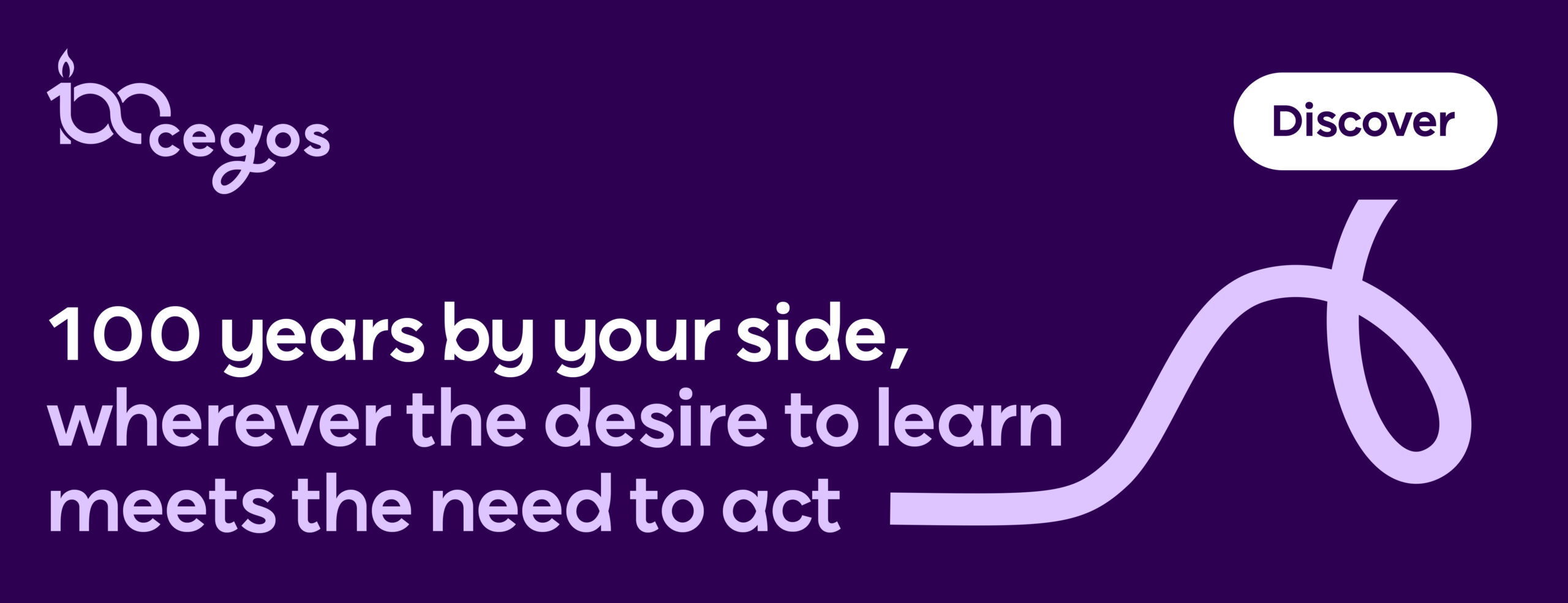

The evolution of Generative Artificial Intelligence (GenAI) is transforming the way we approach learning and training in organizations. In an increasingly volatile and complex world, where needs change rapidly, the need for just-in-time training has become a priority. In this context, this technology emerges as a powerful tool capable of facilitating access to personalized and adaptable content, offering students a differentiated and efficient learning path.
GenAI: New opportunities in learning and training
GenAI has the potential to revolutionize the way we learn, offering a range of benefits. First, it can tailor learning content to individual needs, taking into account preferences and knowledge levels. This allows for a more personalized and effective learning experience.
It also stands out for allowing each student to choose the type of content that best suits their learning style, which facilitates the acquisition of knowledge. It also allows the provision of content in a microlearning format, which will help with the retention and application of knowledge. In addition, chatbots can offer real-time support, answering questions and providing immediate feedback.
Finally, by offering access to a wide range of information, GenAI enables learners to acquire new skills, including interdisciplinary ones, which promotes more comprehensive learning.
However, despite the opportunities, the introduction of Artificial Intelligence into learning brings with it certain risks. There is the possibility of disseminating more simplistic or biased content, which can lead to a loss of confidence on the part of learners. Or, it can even result in a reduction in critical thinking and creativity, which makes users passive when faced with content that does not challenge their cognitive skills.
GenAI's current limitations
Despite its transformative potential, GenAI faces significant limitations. Although this technology is capable of analyzing behavioral data, empathic understanding and managing human emotions are areas where it still fails to achieve the complexity needed to meet the personal and social needs of learners.
There are also gaps in terms of creativity and advanced critical thinking, as it cannot replace critical and innovative thinking, which is the result of human experience and reflection. It is also impossible to develop experiential learning, something inherent to humans. AI can simulate scenarios, but true understanding that comes from practical experience is still an exclusive human ability.
GenAI also lacks the ability to interpret the nuances of social interactions, such as gestures and tone of voice, which limits its effectiveness in providing personalized advice. Nor does it make ethical and values-based decisions, complex processes that it cannot fully replicate, as they involve deep moral reasoning.
The importance of regulation and ethics in GenAI
As GenAI advances, regulation and ethics become fundamental pillars to ensure its safe and beneficial use. The approval of the Artificial Intelligence Regulation by the European Parliament in 2024 is a milestone in this direction, establishing guidelines to protect fundamental rights and driving innovation.
UNESCO, through the “Recommendation on the Ethics of Artificial Intelligence”, emphasizes the need to address ethical implications in the area of education and other sectors. Among the various recommendations, the promotion of AI literacy, the development of fundamental skills such as critical thinking and media literacy, and the inclusion of under-represented groups in AI education programs stand out.
GenAI represents a revolution in the world of training. However, its effective use depends on a careful balance between the potential of AI and the intrinsic value of human skills. It can be a powerful ally in the learning process, as long as it is used consciously and responsibly, with special attention to ethics and regulation. Trainers therefore have a crucial role to play in ensuring that this tool supports and does not replace human creativity, critical thinking and empathy.
This article was originally published in Portuguese on the Executive Digest website.










